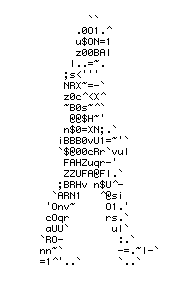SEO is a Natural or Organic Way of Improving Website Visibility in Search Engines. The Goal is to Increase Rankings for Targeted Keyword Phrases in Searches. SEO is Separate from Paid Ads.
People type Keywords into Search Engines to Find Information Related to those Keywords. If a Website is Optimized with those Keywords, it will Rank Higher in the Results of a Search Engine Query. Other Websites with Similar Keywords Compete for those Rankings. It is Important for a Website to be Optimized with Keywords that are Effective and Accurately Describe the Company.
There are 2 Areas of Focus for SEO, On-Page and Off-Page.
On-Page SEO
On-Page SEO is the Process of Optimizing the Website Directly. The Website should have Proper HTML Structure and Informative Content. It is Important to use the Right Keywords and Place those Keywords with Prominence and Consistency throughout the Website.
An Effective Website has Clean Design, Informative Content, Easy Navigation, and Displays Properly on Different Devices and Browsers. Users may Interact with a Keyboard, Mouse, Touch Screen, or Voice.
W3 Validation checks for Technical Errors on a Website. The W3 declares Standards and Guidelines on the WWW (World Wide Web). Websites must be Declared with a Document Type for W3 Validation. This allows for Proper Website Accessibility.
Off-Page SEO
Off-Page SEO is the Process of Expanding Your Online Presence and Driving Traffic to the Website. This may include Business and Directory Listings, Social Media Profiles, Soliciting Reviews, Blog Marketing, and Copywriting. Off-Page SEO is an Ongoing Process and typically part of a Monthly Plan.
